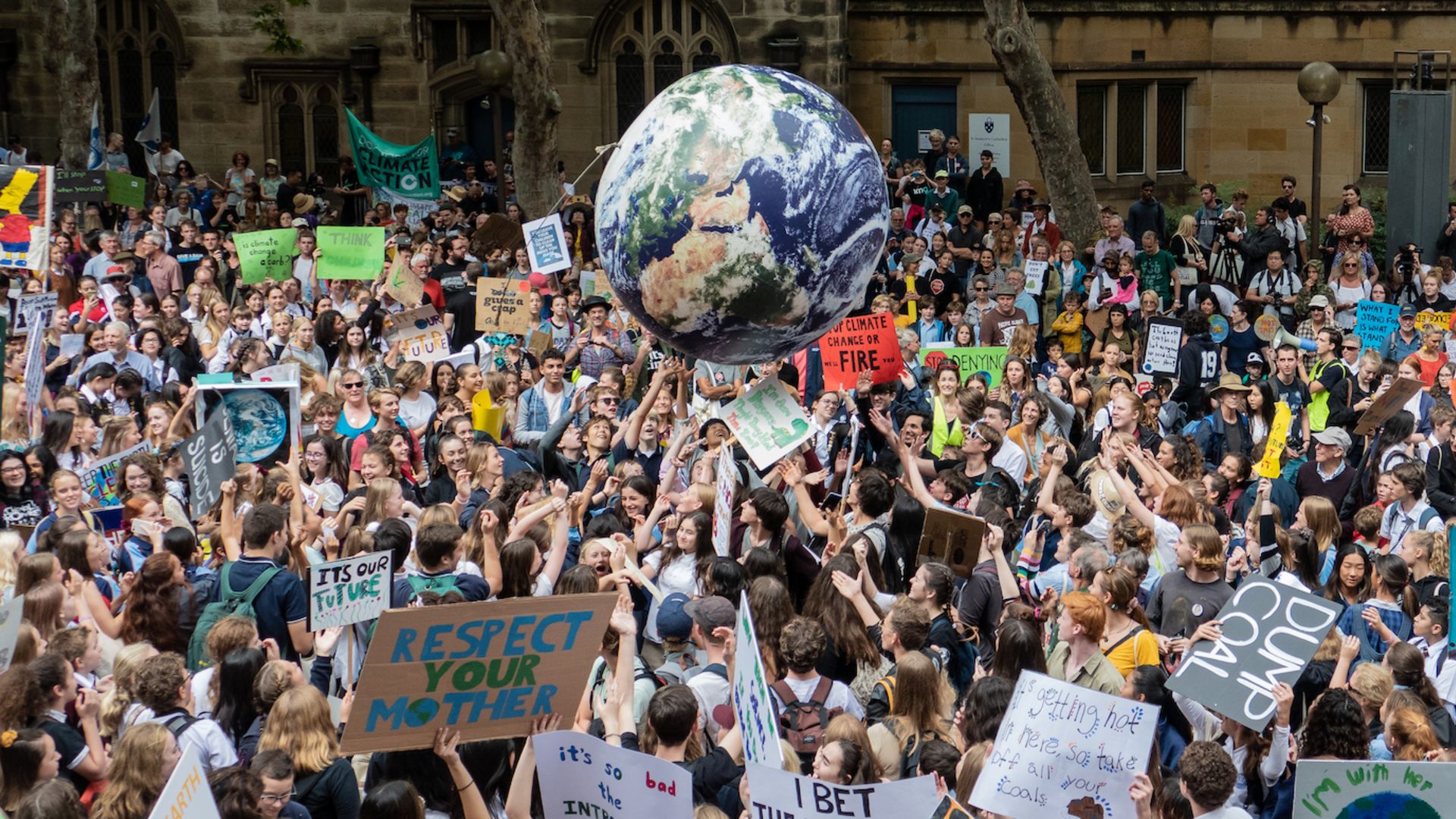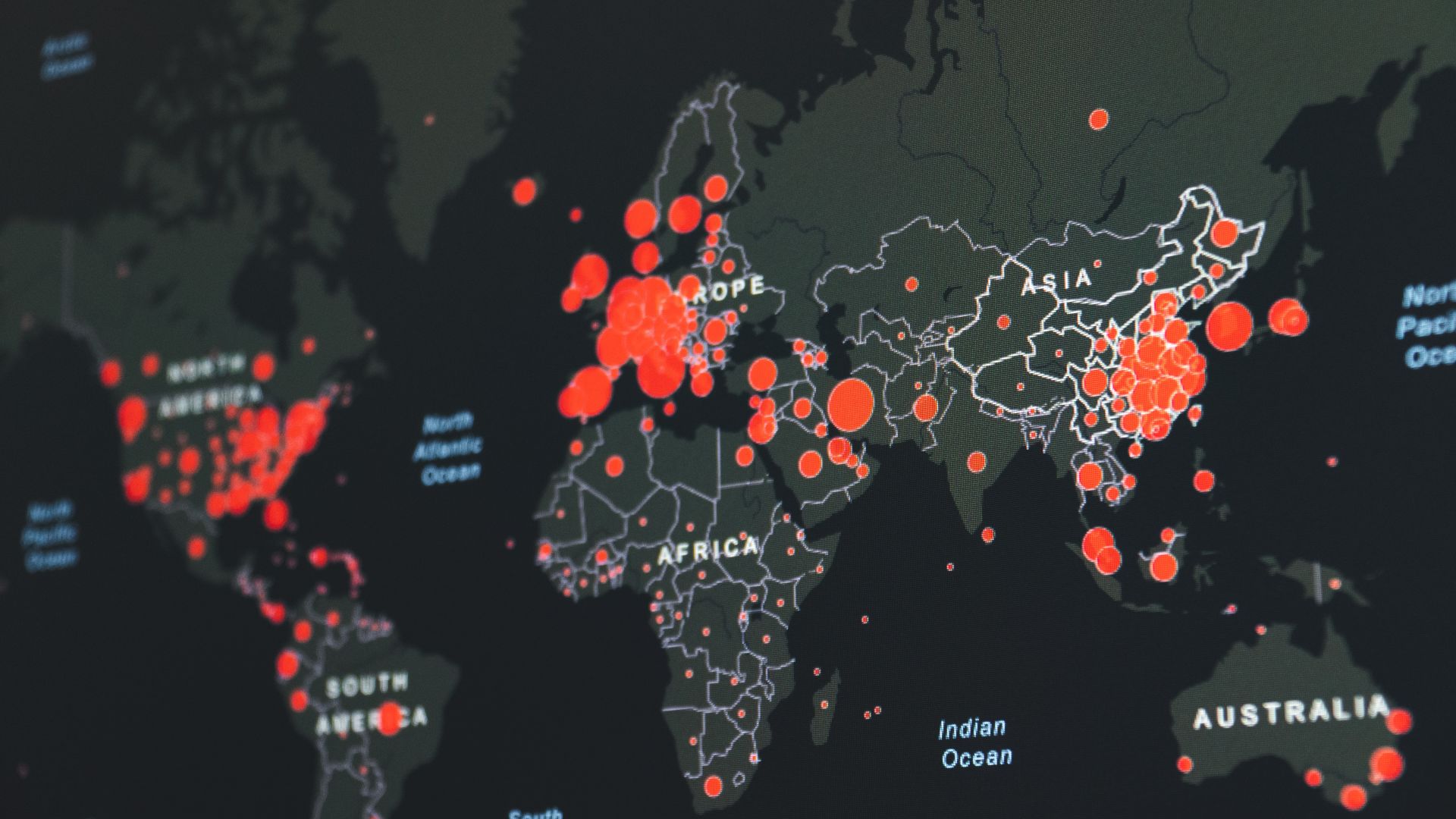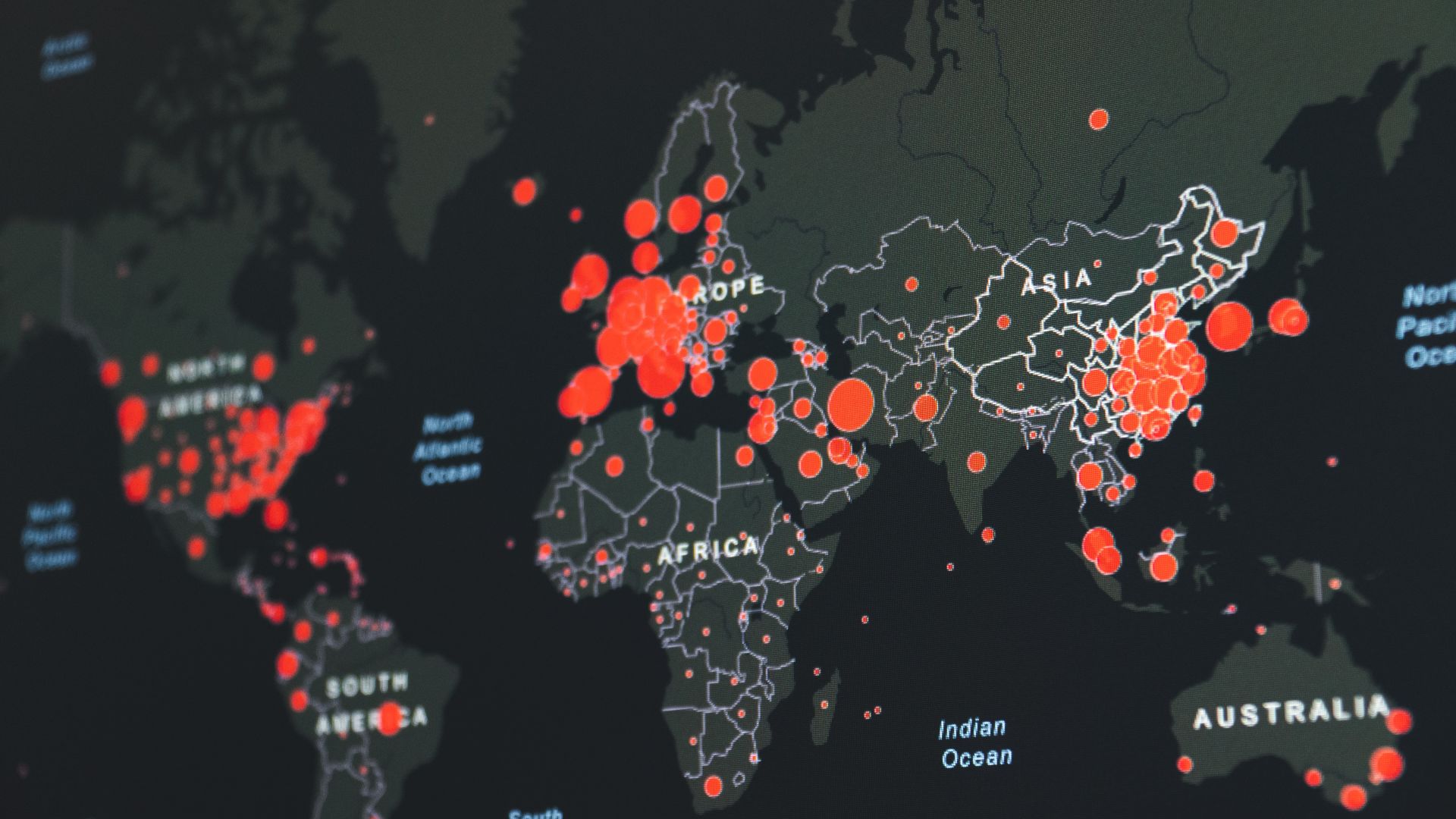
In the first blogpost in our series Climate after COP27 we looked at public concern for climate change and who the publics in Great Britain, Germany and France hold responsible. In this second blogpost we look at data from Germany, Great Britain and the United States showing how the public think climate change will harm individuals, their families and communities, countries, and future generations. We also look at the public sense of urgency around climate change: Do people see the negative effects already manifesting, or do they believe global warming will show its worst consequences in another era? Finally, we look at whether perceptions of harm drive support for government action to tackle the climate crisis.
Common patterns
Our research shows that public perceptions of harm caused by climate change are likely to shape the public’s views on the urgency of government action, as well as their views on who is most responsible: society as a whole, governments or themselves individually.
When we asked people in Great Britain, Germany and the United States in 2022 who stands to face the greatest harm from climate change, the results, illustrated in Figure 1, show that the publics in all three countries agree: future generations will face the most harm. 58% and 57% of respondents in Germany and Great Britain (respectively) predict ‘a great deal of harm’ for future generations. According to these respondents, the next worse-off are people in all countries, for which 34% in Germany and 41% in Great Britain predict ‘a great deal of harm.’ As you shrink the circle, expected damage also shrinks: Only 13-17% foresee a great deal of harm for Germans and Britons, respectively. 11% and 13% of Germans and Britons expect a great of harm to their own families, respectively, and only 11% and 10% foresee a great deal of harm to themselves. Respondents in the U.S. also follow this pattern but remain an outlier; a far greater number of respondents in the U.S. think climate change will not harm them personally (23%) or even future generations (13%), three times the number of respondents we see in Germany and Great Britain.
Figure 1: Very little personal harm, a great deal of harm for future generations
We know from previous research that people tend to discount the harm they personally face from global issues: we saw comparable results when we asked a similar question about the Covid-19 pandemic back in 2020. These data seem to show then that publics in Germany, Great Britain, and the United States see climate change’s worst impacts as a distant, everywhere-but-not-really-here reality. This is not to say these publics don’t take climate change seriously, as we discussed in our previous blog. But it’s interesting to see, even after these countries saw numerous disruptive climate events only months before, in summer 2022, that the public still view the crisis’s worst impacts as future generations’ problem. Is it possible the wider public don’t view recent flooding, wildfires and other environmental crises as climate change-related?
People are more likely to hold governments most responsible when they anticipate more harm for future generations or all countries.
Support for action is shaped by perceptions of harm
So who do the publics in these countries hold responsible for taking action on climate change? Overall, respondents are most likely to say it’s firstly the governments’ responsibility to tackle climate change, followed by other people, and finally themselves personally. Compellingly, people are more likely to hold governments most responsible when they anticipate more harm for future generations or all countries.
Our data below also shows an especially strong relationship between the perceived harm to future generations and the perceived urgency of government action, shown in Figure 2, below.
Across the three countries, between 26% and 46% of respondents who think climate change will bring no harm or very little harm to future generations think government action is not urgent at all. The numbers essentially turn around as perceived harm increases: 36% to 44% of all respondents who think climate change will bring moderate harm or a great deal of harm to future generations believe government action is extremely urgent.
Taken together, while respondents see the harms of climate change materialising outside their personal spheres and lifetimes, they are still sensitive to how it will affect the global community (which, of course, includes them, but this isn’t clear in their minds, yet!) as well as future generations. The more this worries them, the more likely they are to push for government action. Thinking about how this insight can be applied in aid comms – particularly as climate cuts deeper across sectors – it’s clear that by emphasizing public concern for climate’s impact on future generations, we can increase the public’s sense of urgency and their eagerness to hold the government accountable in the here and now.









































































